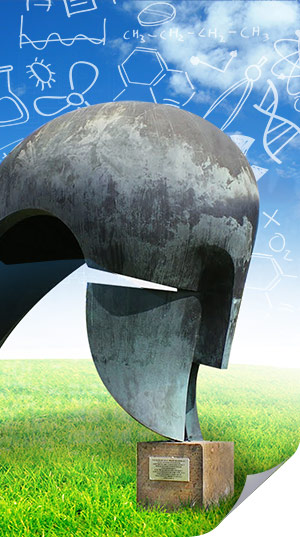"It is a capital mistake to theorize before one has data. Insensibly one begins to twist facts to suit theories, instead of theories to suit facts"
(Sherlock Holmes)
Broadly speaking, Quantitative Methods in Economics and Management can be considered the body of knowledge, tools and other elements of a quantitative nature that are necessary to achieve an understanding of present-day economic and business phenomena. This field is the main area of interest for researchers and teachers of statistics, mathematics and econometrics in the School of Economics, Business and Tourism, at the University of Las Palmas de Gran Canaria (ULPGC). This focus on quantitative methods is also relevant in the generic context of the social sciences.
Created as the Department of Quantitative Methods in Economics and Management in 1998, our teaching and research activities have a long tradition at the ULPGC, examining subjects related to applied economics, in addition to those typically addressed by quantitative methods for economics and business, with the fundamental aim of achieving a dynamic, challenging environment for learning and research.
We offer a wide range of interesting, demanding teaching programmes, at undergraduate and postgraduate levels.
The Department of Quantitative Methods has over 20 years’ teaching and research experience, both of quantitative economics and of other branches of knowledge in which mathematical, statistical and econometric techniques are needed.
Our degree courses are primarily focused on the first two years of the courses taught at the Faculty of Economics, Business and Tourism. The catalogue of subjects taught in the Department can be consulted in the Undergraduate section of this website. The learning strategies applied in most of these subjects include assisted teaching with online resources
In Postgraduate and Doctoral Studies, a wide variety of courses are taught, as detailed in the Postgraduate section.
The Department currently has 27 academics, plus technical support staff and students. All personnnel are highly experienced in their field, and so the Department offers top-class teaching to help students fully develop their academic potential.
We always welcome new challenges in education and further collaboration with society at large, providing services for problem solving and joint research with companies and other institutions. In pursuit of our goal of continuous improvement, we work with a broad spectrum of entities and periodically identify new opportunities for research and learning about real problems. The full list of persons associated with the Department can be found in the Members section.




